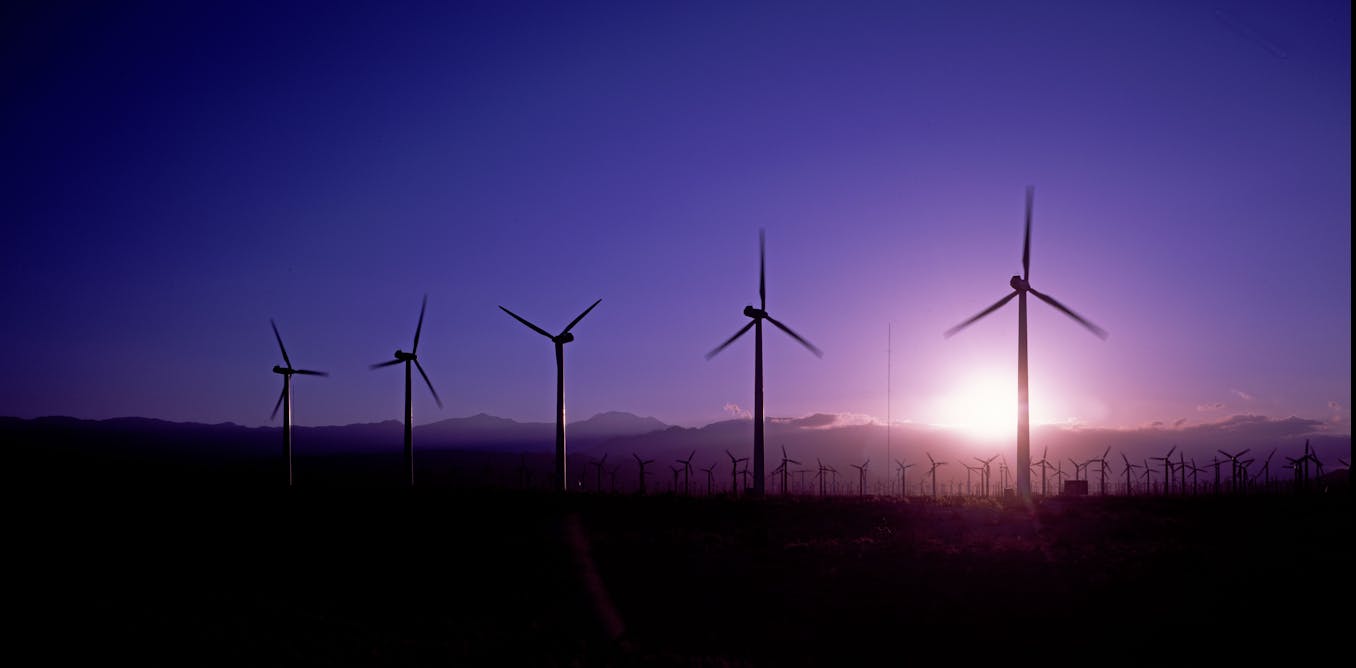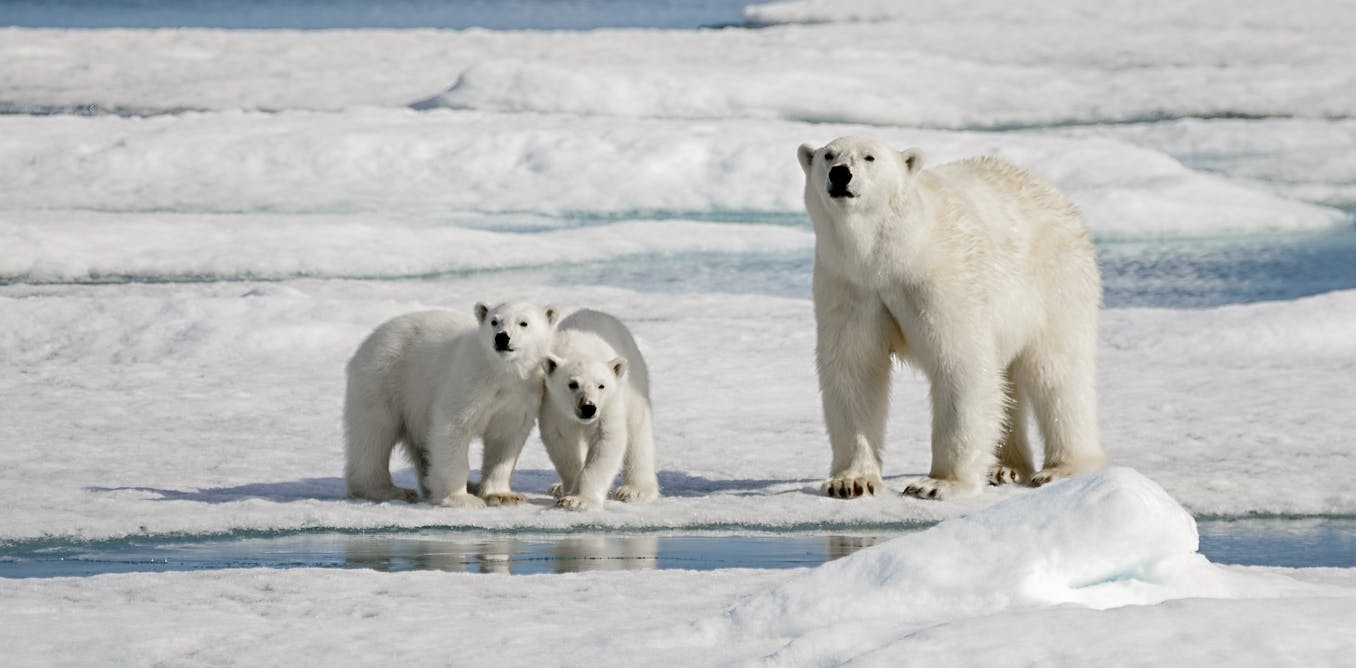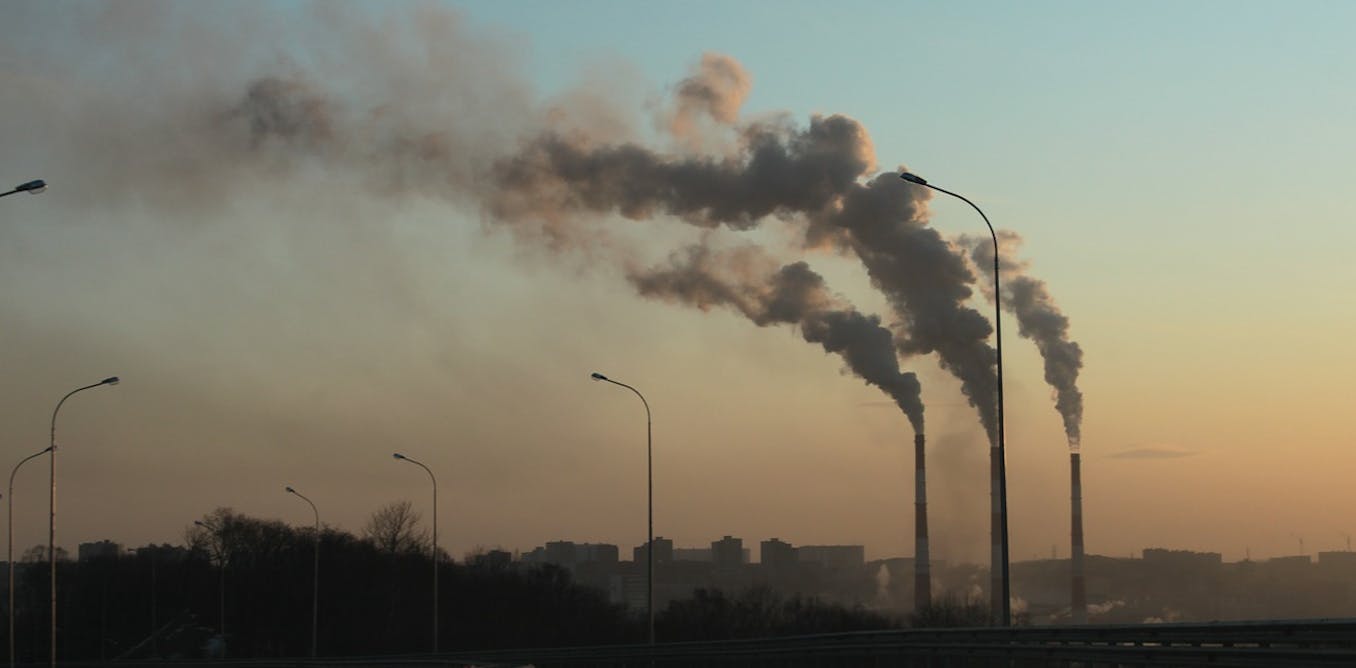How 'mechanical trees' pull carbon dioxide from the air and lock it away – an inventor of direct air capture tech explains
Using machines to pull CO2 from the air could help as the world tries to slow climate change. Klaus Lackner is developing new ways to cut its high costs and energy demand.
Jan. 18, 2022 • ~11 min
These machines scrub greenhouse gases from the air – an inventor of direct air capture technology shows how it works
Klaus Lackner is finding new ways to cut the technology’s high costs and energy demand, and he’s about to launch the first ‘mechanical tree.’
Jan. 18, 2022 • ~11 min
Ocean heat is at record levels, with major consequences
While surface temperatures were about the 6th warmest on record in 2021, the upper oceans were at their hottest – and they’re a stronger indicator of global warming. A top climate scientist explains.
Jan. 13, 2022 • ~9 min
Ocean temperatures are at record levels, with major consequences
While surface temperatures were about the 6th warmest on record in 2021, the upper oceans were at their hottest – and they’re a stronger indicator of global warming. A top climate scientist explains.
Jan. 13, 2022 • ~8 min
Temperatures in the upper ocean are at record levels, with major consequences
While global surface temperatures were around the fifth warmest on record in 2021, the upper oceans were at their hottest – and they’re a stronger indicator of global warming. A top climate scientist explains why.
Jan. 13, 2022 • ~8 min
Technology has made buildings less climate-friendly: but we can look back in time for solutions
Lessons from ancient architecture can help us design buildings that provide comfort and convenience without costing the earth.
Jan. 11, 2022 • ~8 min
Africa faces an uphill battle against western emissions to combat climate change
The African continent stands to lose the most from climate change - here’s what local governments can do to protect it.
Jan. 11, 2022 • ~6 min
Polar bears eating reindeer: normal behaviour or result of climate change?
Polar bears are being forced to adapt their feeding habits due to climate change – so reports of summer scavenging, foraging and terrestrial hunting are unsurprising.
Dec. 30, 2021 • ~6 min
Carbon colonialism must be challenged if we want to make climate progress
For the UK to achieve its net zero targets, it needs to take action on its carbon-intensive, poorly regulated supply chains.
Dec. 21, 2021 • ~6 min
/
43






